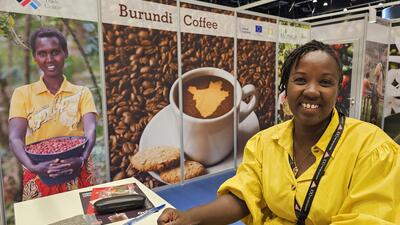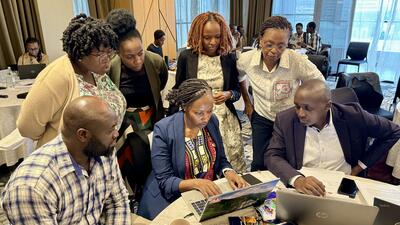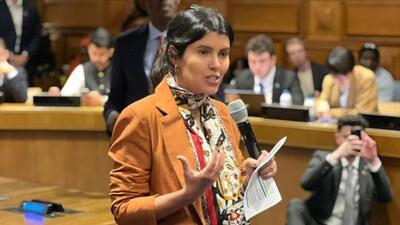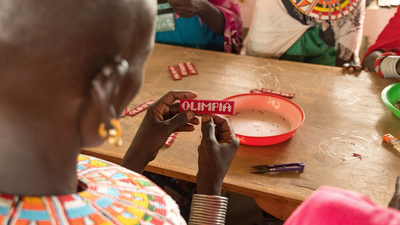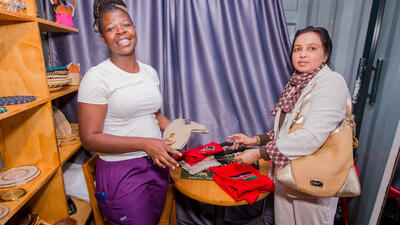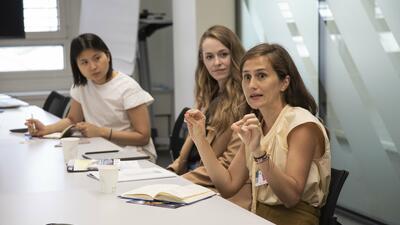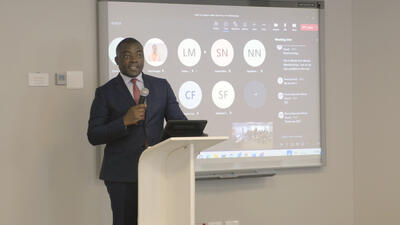Government Ministers tackle how to increase government procurement from women-owned businesses
More government contracts should be awarded to female entrepreneurs, particularly in developing and least developed countries, as they learn about the ins and outs of the procurement process and acquire the necessary skill-building with the assistance of the International Trade Centre (ITC).
‘We need a proactive process to let women understand what the opportunities are, work with them on ensuring that they meet standards required for procurement and to get them networked together,’ ITC Executive Director Patricia R. Francis said at a roundtable on government procurement today in Geneva on the sidelines of the World Trade Organization (WTO)’s ministerial conference.
While women have full or partial ownership of more than a third of businesses worldwide, they win only 1 percent of government contracts because of a myriad of difficulties, lack of understanding and interferences, Ms Francis said. Education and outreach will be the keys to teaching women about the procurement process and helping to ensure that at least 5 percent of government contracts are awarded to women within seven years, she said.
The disparity is particularly pronounced in developing countries, though women in rich economies also get a disproportionally small share of government contracts.
‘In the U.S., government procurement for women is less than 5 percent,’ former Atlanta Mayor Shirley Franklin said at the roundtable. ‘That tells all of us that there are still barriers to procurement opportunities.’
Women in Africa must focus on selling goods and services internationally, said Robert Anderson, a counsellor in the WTO's intellectual property division. ‘We have to begin locally, but to really enrich and carry forward the development project and the empowerment project, it’s important that women suppliers in Africa shouldn't only be thinking about supplying their own governments,’ he said.
Many African governments in make it difficult for women to become entrepreneurs or politicians, said Kenyan Water and Irrigation Minister Charity Kaluki Ngilu, who started her own business career in the early 1980s when she opened a bakery.
‘Every day I'm fighting with the government to say “please open the doors for women,”' Minister Ngilu said at the roundtable. ‘Women are locked outside business. For the few women with power, it is so difficult. You can hardly make a contribution that will be heard and implemented.’
That will change thanks to the ITC's Global Platform for Action on Sourcing from Women Venders, which aims to build the capacity of suppliers to meet buyers' requirements, particularly focusing on women business owners in developing countries.
‘Sometimes we talk the talk, but we don't walk the walk,' Ms Francis said. ‘Now we are walking the walk.’





